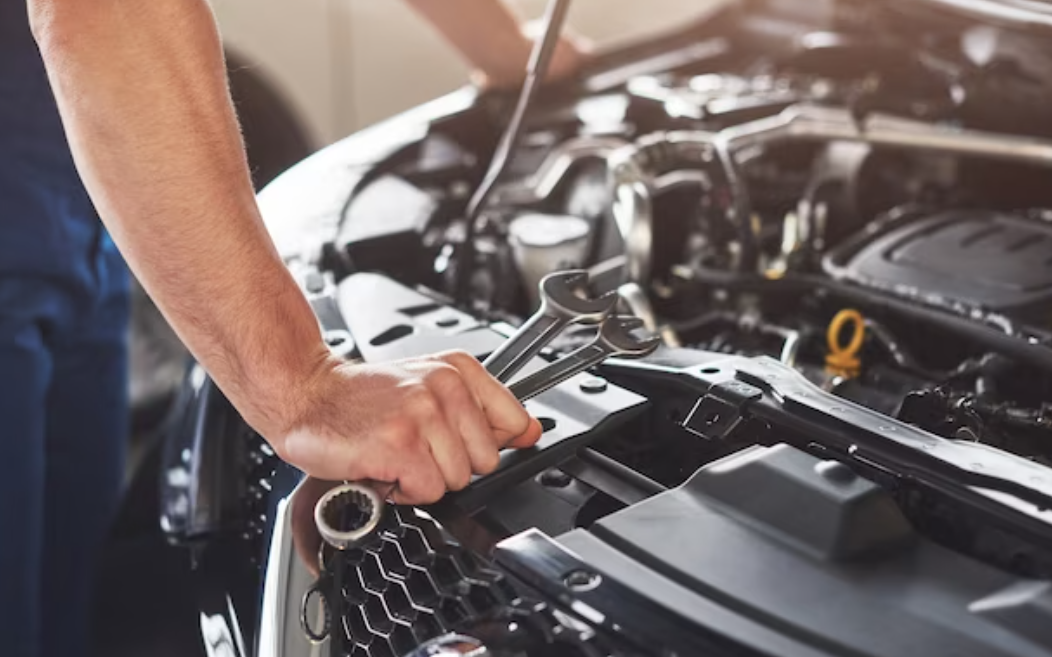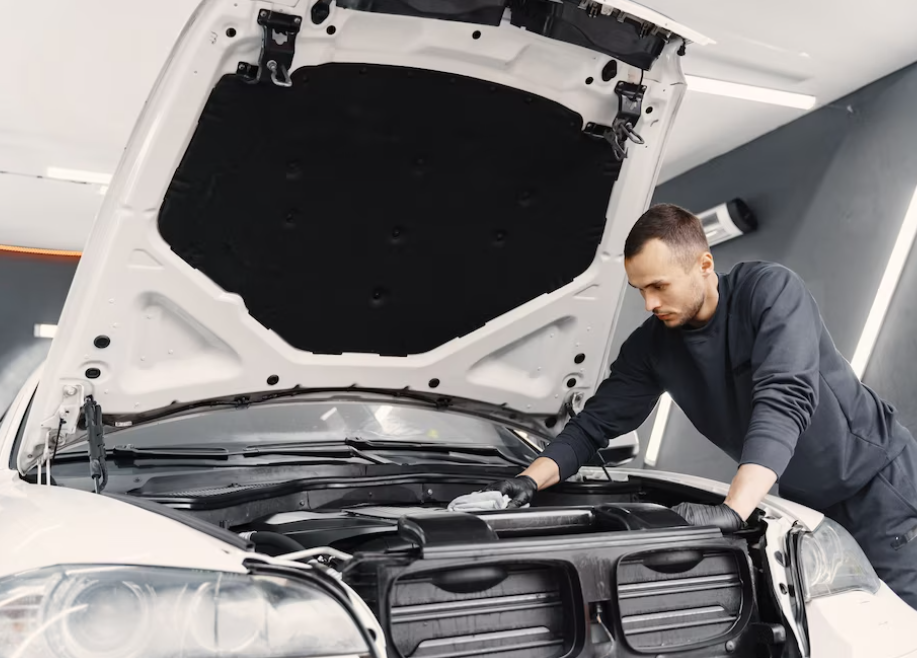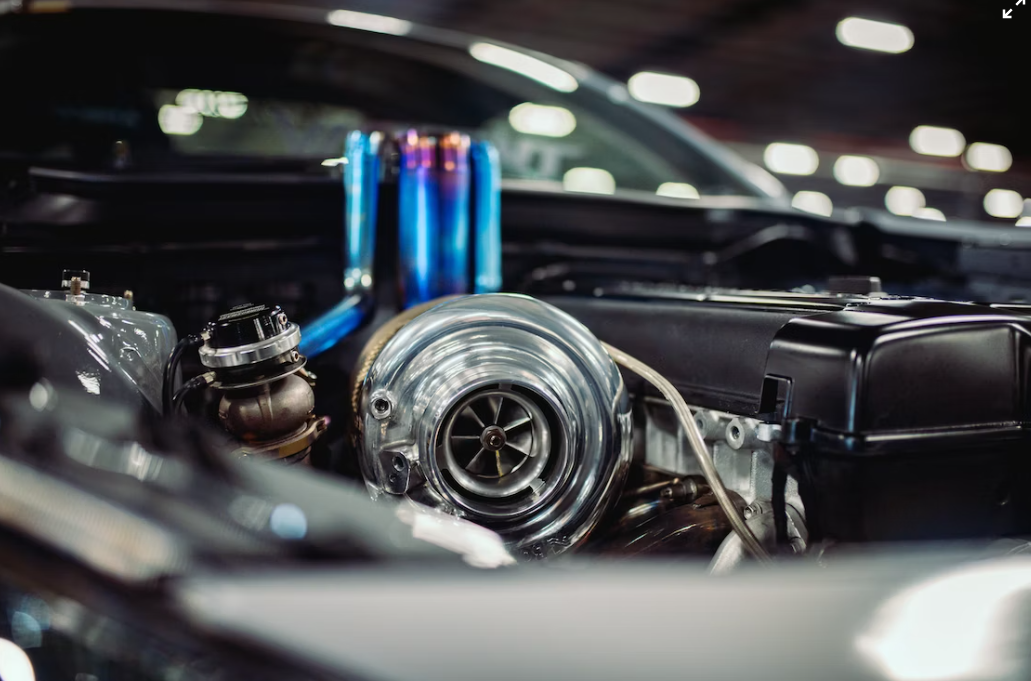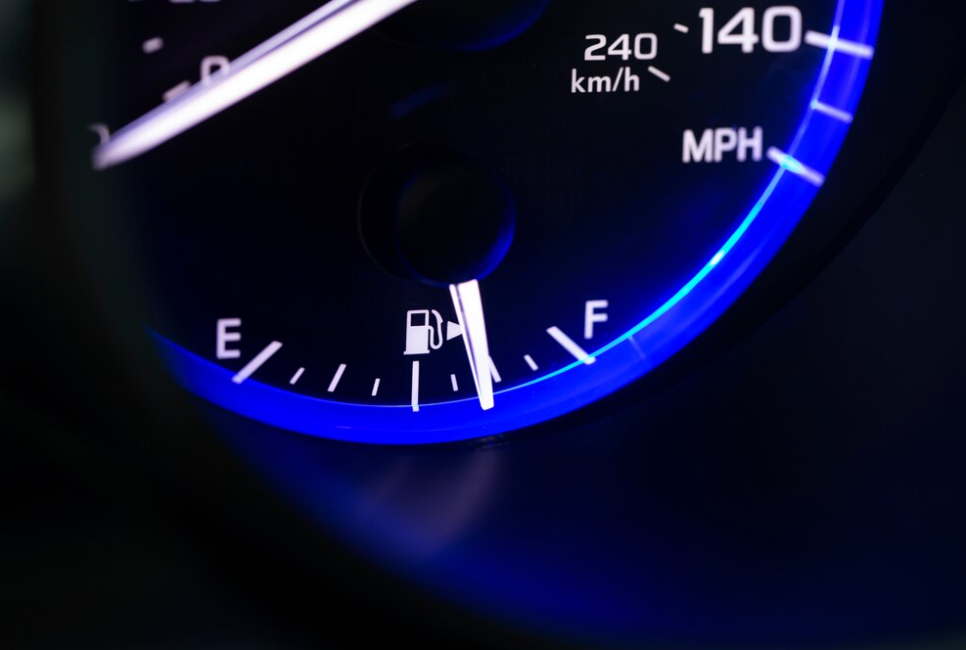The Importance of Regular Tune-Ups for Your Vehicle's Performance
Your car is an extension of your everyday life and routine – whether you are a student commuting to college, an executive who drives for work or an expecting mother heading to prenatal visits. It's important to keep up with regular maintenance for optimal performance that'll get you where you need to go safely and reliably. A tune-up not only helps the vehicles lifespan against wear and tear but also optimizes fuel economy allowing you more mileage per gallon while lowering emissions from the vehicle - having a myriad of benefits for yourself as well as your community! In this blog post, we’ll be discussing why it is so vital to schedule regular tune-ups – so read on if you'd like to learn about how taking care of your car can help take care of both yourself and the environment!

How Regular Tune-Ups Optimize Vehicle Performance
Regular tune-ups are essential for optimizing vehicle performance in multiple ways. By inspecting and replacing key components such as spark plugs, air filters, and fuel filters, a tune-up ensures efficient engine operation, maximizing power output and fuel economy. This leads to smoother acceleration, improved responsiveness, and overall enhanced driving experience. Additionally, addressing issues within the ignition system ensures reliable engine ignition, reducing the risk of starting problems. Through regular tune-ups, minor issues can be addressed before they escalate, extending the engine's lifespan and preventing costly repairs. Furthermore, tune-ups include checks on critical safety systems, promoting safe and reliable handling on the road. Owners of vehicles may maximize performance, fuel economy, and safety by prioritizing routine tune-ups, assuring a well-maintained and comfortable driving experience.

Enhanced Performance: Spark plugs, filters, and ignition systems are just a few of the parts of your car that will be inspected and optimized during a tune-up. A tune-up enhances engine performance by fixing any problems and making sure these components are in top shape, leading to smoother acceleration, more power, and improved overall vehicle performance.
Improved Fuel Efficiency: Over time, wear and tear can impact fuel efficiency. During a tune-up, components like air filters and fuel injectors are checked and cleaned or replaced if needed. This optimization of the fuel system ensures proper fuel flow and combustion, leading to improved fuel efficiency and better mileage, ultimately saving you money at the pump.
Reliable Starting and Smooth Operation: A well-tuned engine ensures reliable starting, especially during cold weather. During a tune-up, the ignition system is inspected, and spark plugs are replaced if necessary. This ensures a consistent and strong spark, allowing for smooth engine operation, reduced misfires, and improved overall reliability.
Extending Engine Life: Regular tune-ups help identify and address potential issues before they become major problems. By replacing worn-out components, adjusting settings, and performing necessary maintenance tasks, a tune-up contributes to the longevity of your engine. It minimizes the risk of major breakdowns, improves overall engine health, and saves you from costly repairs down the line.
Enhanced Safety: Safety should always be a priority when driving. During a tune-up, critical safety components like brakes, suspension, and steering are inspected. Any signs of wear or potential issues are addressed, ensuring that your vehicle operates safely and responsively on the road. This promotes better handling, improved braking performance, and overall enhanced safety for you and your passengers.
Maintaining Manufacturer Warranty: Keeping up with regular tune-ups as recommended by your vehicle's manufacturer can help maintain your warranty coverage. Many warranties require that you follow the manufacturer's recommended maintenance schedule, which often includes regular tune-ups. By adhering to these guidelines, you ensure that your warranty remains valid, providing you with added peace of mind.

The frequency of getting a tune-up for your vehicle can vary based on factors such as the make, model, age, driving conditions, and manufacturer's recommendations. Modern vehicles require less frequent traditional tune-ups due to advancements in technology. However, it's important to follow the maintenance schedule outlined in your vehicle's owner manual, which includes regular inspections, fluid changes, and component replacements. Additionally, consider factors like driving conditions and any warning signs of performance issues. If you notice any unusual symptoms or experience a decrease in performance, it's advisable to have a professional mechanic inspect your vehicle. By staying proactive with regular maintenance and addressing issues promptly, you can keep your vehicle in optimal condition and ensure its long-term reliability.
-
What are the signs that my car needs a tune-up?
Reduced fuel economy, rough idling, trouble starting, a pronounced drop in performance, or the appearance of the check engine light are all indications that your automobile may require a tune-up. It is advised that you take your car in for a professional mechanic's inspection if you encounter any of these symptoms. They can conduct a diagnosis and decide which parts need repair or replacement.
-
Can I do a tune-up myself, or should I seek professional help?
While some basic maintenance tasks can be done by DIY enthusiasts, the complexity of modern vehicles often requires specialized knowledge and tools. It's generally advisable to seek professional help for tune-ups, especially if you lack the necessary expertise. A qualified mechanic can accurately diagnose issues, ensure proper component replacements, and conduct any necessary adjustments or recalibrations to optimize your vehicle's performance.
See another review here: The 10 Best Motorcycle Alarms For Enhanced Protection












